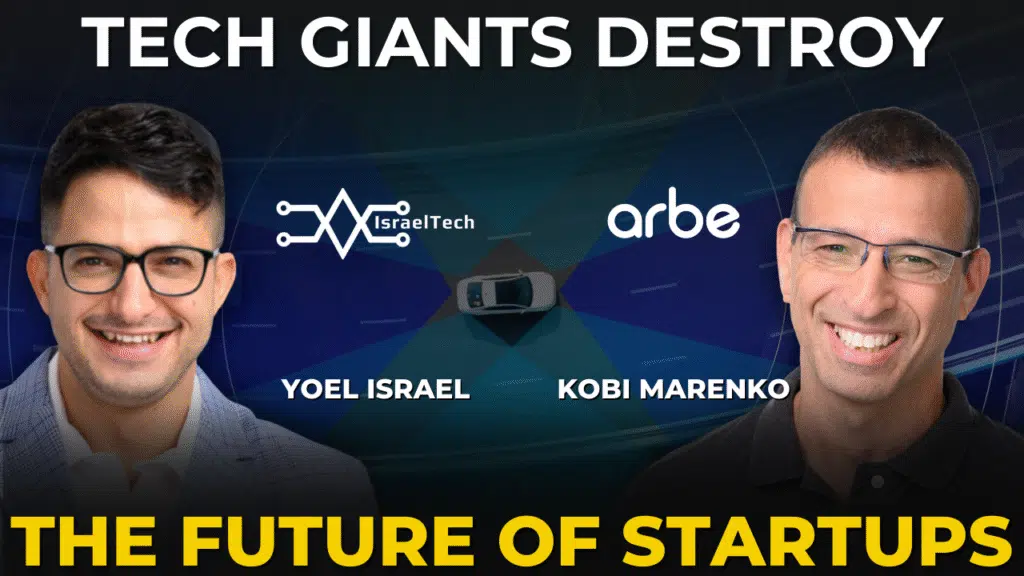Cybersecurity has always been about staying one step ahead of adversaries. But in an era where artificial intelligence (AI) is shaping everything from autonomous cars to national defense systems, the challenges are deeper and the stakes are higher. Few people understand this better than Esti Peshin, VP and General Manager of the Cyber Division at Israel Aerospace Industries (IAI).
Esti sat down with Yoel Israel on Israel Tech to discuss the changing nature of cyber defense, the role of AI, Israel’s unique position in the global cybersecurity ecosystem, and why the future of digital defense will determine the safety of nations and individuals alike.
Cybersecurity’s Constant Evolution
When asked why people are drawn to hear her speak about cybersecurity, Esti’s answer was straightforward: the field never stops evolving.
“Every year, every half year, even every month, something new emerges,” she explained. “To remain ahead of the curve, you need to constantly learn,whether that’s about vulnerabilities, new solutions, or technological shifts.”
Her team at IAI plays a critical role in this process. They not only analyze emerging threats but also build future-proof, holistic solutions for governments and critical infrastructure operators. That forward-looking mindset, she noted, is what makes IAI a global trendsetter in defense technologies.
AI: From Commodity to Cybersecurity Flashpoint
Artificial intelligence quickly became a dominant theme in the conversation. Esti was quick to highlight that AI isn’t new,it has been in use for decades, with autopilot systems in airplanes serving as one example. What’s changed is accessibility.
“AI became a commodity when my mother started using ChatGPT,” she laughed. “Once it reaches that level, you know the technology has gone mainstream.”
But mainstream adoption also introduces risk. Esti pointed out that if AI systems can be manipulated,whether by tampering with the data they train on or compromising the algorithms themselves,they can produce inaccurate or even dangerous outcomes. “If AI is attacked through the data, it starts to provide you with inaccurate responses or inaccurate actions. That’s where cybersecurity must come in.”
This dual nature makes AI a double-edged sword. For defenders, AI helps detect vulnerabilities and automate responses. For attackers, it provides new tools to launch sophisticated campaigns.
Building a Cyber Workforce
Another pressing issue is the shortage of skilled cybersecurity professionals. Esti made a clear call to action:
“There’s a huge demand for cyber defenders. Go and learn cyber,inside or outside universities,and then come to us, because we’re hiring.”
She shared that while IAI historically trained entry-level recruits through its own cadet program, today the company has its pick of top-tier talent. Still, she encouraged anyone passionate about cyber to apply, emphasizing that motivation and persistence matter. “Sometimes the right candidate isn’t the one with the most experience but the one who shows they’re hungry to learn.”
Cyber Defense vs. Cyber Offense
One of the most striking analogies Esti shared was about the difference between cyber defense and offense.
“Think of a balloon. To attack it, all you need is a pin. But to defend it, you have to protect the entire surface. That’s the challenge of cyber defense.”
She outlined five essential components of effective cyber defense:
- Risk Assessment – Understanding which vulnerabilities are most likely to be exploited and their potential impact.
- Threat Intelligence – Staying ahead of adversaries by gathering knowledge from the digital underground.
- Monitoring – Detecting anomalies in real time before they escalate.
- Forensics and Response – Analyzing what went wrong, mitigating damage, and recovering systems.
- Information Sharing – Ensuring defenders collaborate, since strength lies in numbers.
This layered approach underpins IAI’s cyber solutions, from national SOCs (Security Operations Centers) to protection for IoT and critical transportation systems.
Protecting the Future of Mobility
One area where cybersecurity and AI intersect most visibly is transportation. Esti explained that connected cars are essentially computers on wheels, making them part of a vulnerable network.
With autonomous vehicles and smart mobility infrastructure on the horizon, the attack surface grows exponentially. “Complex networks are vulnerable networks,” she cautioned. “When the endpoint is a car,or a drone, or even a traffic light,that endpoint becomes a target.”
IAI is directly addressing this challenge through CY-ITS, Israel’s national cybersecurity lab for smart transportation. This public-private partnership with the Ministry of Transportation, Israel National Cyber Directorate, and Ben-Gurion University is already attracting global attention, with other countries studying it as a model for their own infrastructure defense.
Why Israel Leads in Cybersecurity
When asked why Israel punches above its weight in cybersecurity, Esti pointed to several factors:
- Dynamic Talent: Israelis thrive in fast-changing environments, an essential trait for cyber professionals.
- Military and Academia: Elite army units and advanced academic programs both serve as training grounds for world-class experts.
- Government Support: Early investment in national cyber initiatives provided a strong foundation.
- Industry Legacy: Pioneering companies like Check Point established Israel’s reputation and inspired generations of entrepreneurs.
- Defense Sector: Institutions like IAI integrate cyber into broader defense strategies, amplifying innovation.
The result is a unique ecosystem where military, academia, startups, enterprises, and government all feed into one another.
Looking Ahead: The Next Cyber Frontiers
So where is cybersecurity heading in the next decade? Esti hesitated to predict specifics, but she outlined two major trends.
- Autonomy and Connectivity – From smart homes to autonomous vehicles, more devices will be connected, increasing efficiency but also expanding vulnerabilities. “Think about refrigerators,” she said. “If all refrigerators in a country are hacked and temperatures rise to spoil food, the impact would be devastating.”
- Data Integrity in AI – As societies grow more dependent on AI systems, ensuring the reliability of their data becomes critical. “If someone manipulates the data, what happens to the truth? Protecting data means protecting our societies and even our minds.”
Final Thoughts
Esti left the audience with a clear message: the future of cybersecurity isn’t just about defending networks,it’s about defending the very systems that power modern life. From critical infrastructure to AI-driven decision-making, the resilience of nations will depend on how well they can protect against increasingly complex digital threats.
“Cybersecurity companies need to protect our livelihood, our societies, and even our truth,” she concluded. “The future is unpredictable, but we must be ready.”
Interested in more insights about Israeli startups expanding globally? Follow IsraelTech for exclusive interviews, deep dives, and expert perspectives.
IsraelTech is proud to partner with Deel, the global all-in-one HR and payroll platform for teams in 150+ countries. For more information, visit Deel.com/israeltech




